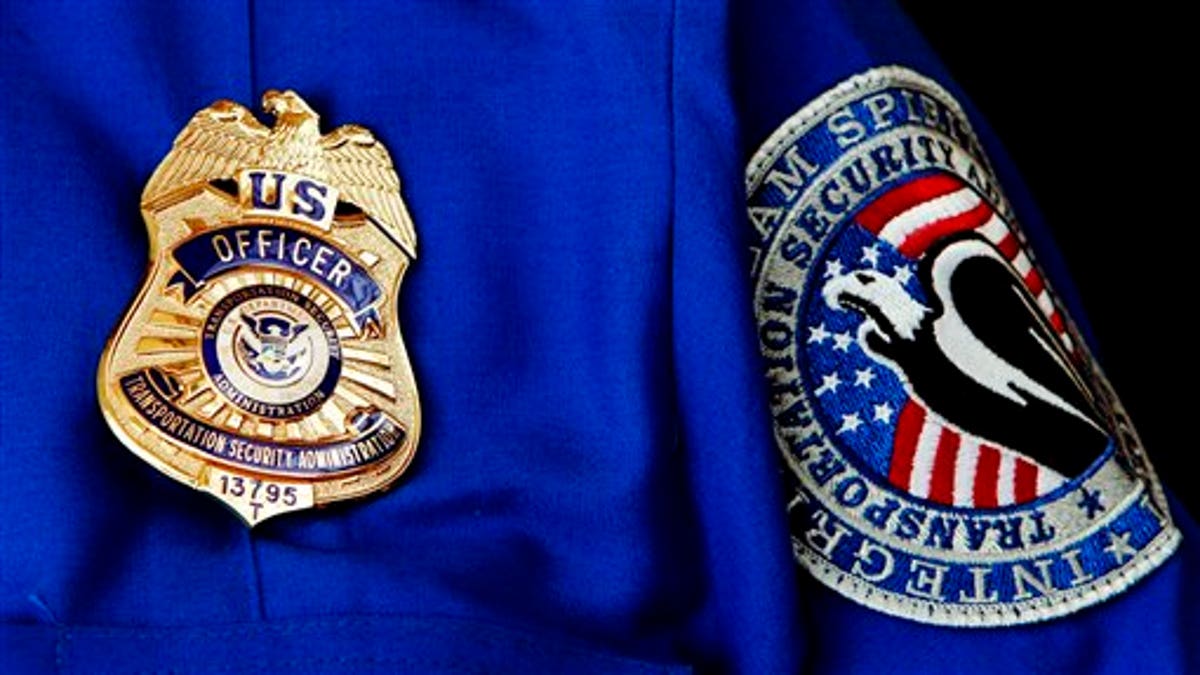
TSA Uniform (AP / File Photo)
The Transportation Security Administration's latest airport screening measures have garnered a lot of press coverage, and potential travelers across the country have undoubtedly seen video of passengers passing through full-body scanners and receiving what some are calling "invasive" pat-downs. But the new security procedures don't appear to have deterred many people from getting on a plane this Thanksgiving.
"It's hard to tell," Barbara Petito, a spokesperson for Amtrak, said as to whether rail travel has been affected this season. "There's a flurry of activity with people cancelling and booking."
Most holiday passengers likely booked flights before the TSA announced the new procedures, and before the news media began reporting it. -That rendering renders it difficult to judge whether anyone would have opted for ground transportation to avoid the security screenings if given ample time to change plans.
Barbara White, a spokesperson for AAA, says that more Americans appear to be driving this season - but that it's not necessarily in response to any particular event.
"This Thanksgiving weekend, a projected 40 million Americans are choosing to drive home - that's an increase of 12% over last Thanksgiving," White said. "In our studies, we don't have statistics that say people see security procedures as a direct deterrent to air travel. We can say, however, that the hassles of traveling by air (getting there in advanced amount of time, cost of airline travel, etc), are leading more people to choose driving over flying home for Thanksgiving."
"We don't believe our customers are overly concerned about the new TSA security procedures," said Brian Hoyt, vice president of corporate communications at Orbitz Worldwide, adding that he believes the majority of Americans "actually support the increased security, especially during the holidays." Hoyt added that loosely organized "opt-out" groups -- those on the internet that are encouraging travelers to opt-out of the full-body screenings in favor of pat-downs -- appear to be very small, and that they will likely only cause minor delays for other travelers.




